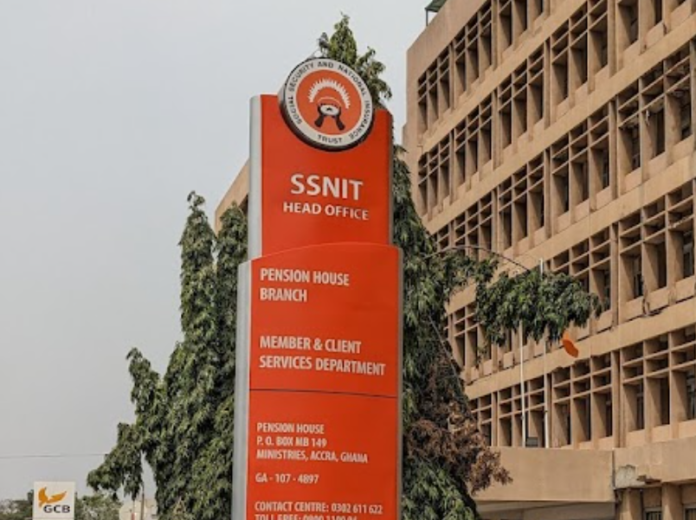The National Pensions Regulatory Authority (NPRA) has assured contributors that despite projections in the recent International Labour Organisation (ILO) report on the Social Security and National Insurance Trust (SSNIT), funds will remain secure in the coming years.
This reassurance follows the ILO’s actuarial valuation study, which projected a complete depletion of SSNIT’s reserves by 2036.
According to the ILO, total income, including contributions, investment income, and other income, will no longer be sufficient to cover annual expenditures, including benefit payments to pensioners, by 2029.
But speaking on PM Express Business Edition with George Wiafe on Thursday, June 6, the Chief Executive Officer of the NPRA, John Kwaning Mbroh, indicated that the report is forward-looking, similar to previous reports.
“The report is a forward-looking report, and if you check SSNIT’s reports from the ILO, they’ve always projected on those lines that if you don’t do A, B, C, D, you’ll have to go this way or that way. The features of the report from the ILO – is external actuaries, which means we need to keep improving. It’s all about the financial aspects of the scheme over a long period,” he said.
He emphasised that the ILO periodically issues projections, indicating that certain actions must be taken to maintain the fund’s viability.
He said that the scheme received such report in the year 2017 and noted that his outfit is doing everything to make sure that the scheme is financially sustainable.
“We had a similar report in 2017, and we are doing things to ensure that the scheme is financially sustainable. We are well aware of the issues we need to address, and it is a work in progress. We’ll continue to make sure that the scheme is sustainable,” he added.
Regarding SSNIT’s decision to sell ownership shares in four of its hotels, Mr Mbroh believes it is necessary.
However, he stressed the importance of due diligence to ensure value for money for contributors and the state.
“It is something that needs to be done. We need further assessment. They have certain processes that they undertake, and we don’t micromanage SSNIT. We still have engagement with them on ongoing issues and have not finalised our decision yet.
“So they reach a point, they inform you, and you need to make a decision based on additional information. We are engaging on that. We have not reached a conclusion yet, but we think that many of the assets on their books need to be re-evaluated in the interest of the Ghanaian worker.
“These are investments in our names. We must ensure that the scheme benefits from these investments. Of course, there should be transparency, a professional approach, and sound judgment, and these are the things we are focusing on,” he said.
ALSO READ:

